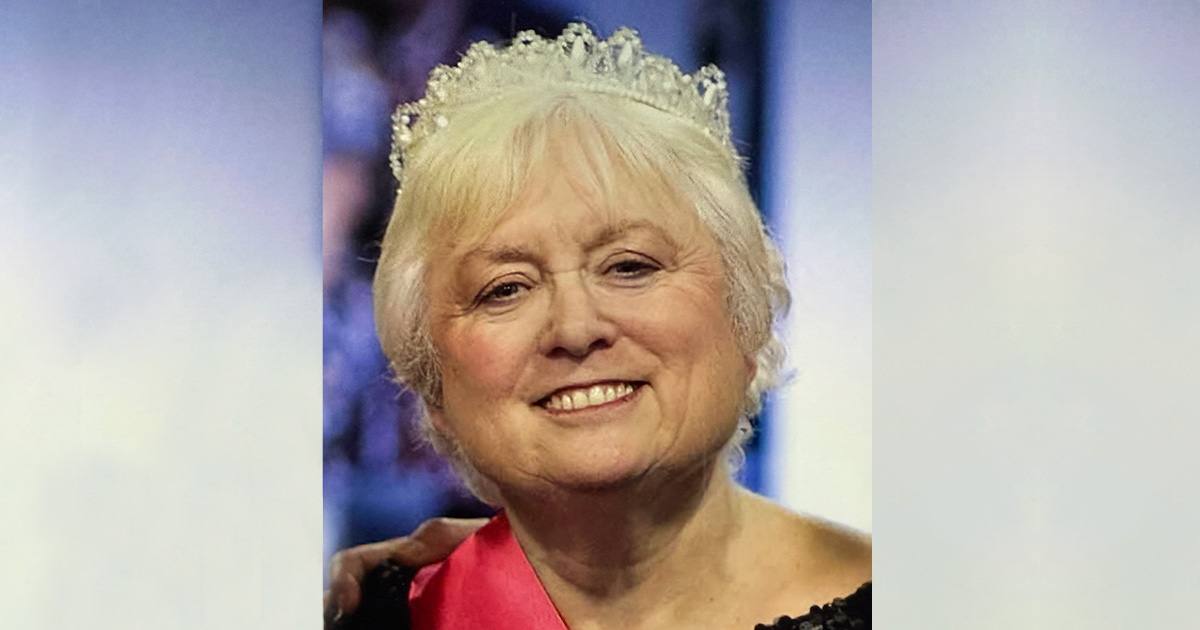The National Service Framework for Diabetes (Department of Health, 2001) emphasised the need for all healthcare professionals delivering diabetes care to be knowledgeable, skilled and competent. Diabetes care and the subsequent therapeutic management is continually evolving, as is the need for continuous professional development in the speciality – for those of us who work full-time in the field and for our non-specialist colleagues.
This could be achieved in a variety of ways, from formal accredited courses to local study days, or by considering the competency framework currently under development, which aims establish the skills required to deliver diabetes care for each level of nurse.
The educational role of the DSN has been well documented; there have been numerous publications describing the wealth of initiatives undertaken (Holdich, 2000; Lowe and Davis, 2001; Findlow and McDowell, 2002). It has also been well documented that the preparation for our roles in this specialist field is rather ad-hoc. A lot of us have learnt on the job, working with experienced colleagues – there is no specialist course that that would have prepared us for the role.
Is there a particular course that will enable our generalist colleagues to provide optimum diabetes care? We have seen a number of developments in the postgraduate study of diabetes, and I suspect these will become essential requirements for people coming into our roles. Alongside this, nurses are increasingly being required to hold an accredited qualification in diabetes, particularly in primary care.
But professional development in a speciality is not all about accredited courses and the subsequent credits! Does an excellent course make an excellent practitioner? Does an increase in nurses’ knowledge really lead to an improvement in care? I have always believed that success in ‘skilling’ others is largely influenced by the person delivering the message.
What entices people’s interest in diabetes – is diabetes really that interesting? Of course there are a number of aspects that make diabetes interesting – not least the patients. However, some of the practical management of diabetes can be pretty repetitive. I suggest diabetes has in many cases been made interesting by somebody; either consciously or subconsciously they have influenced an interest in diabetes. The importance of this is that whenever we are teaching, we should seize the opportunity to inspire people to want to come into diabetes care, or to provide the best care for people with diabetes in their current working environment.
Our approach to teaching the subject may make a difference to our success. How can this be measured? Very often evaluations of education look at the increase in knowledge, but what we really need to know is how it will influence patient care and how it might be maintained once the initial enthusiasm has worn off. Ongoing education needs improving, to maintain interest and to recognise that it can make a difference.
In recognition of this, I have always been in favour of what I call reality-based training: local teaching/training opportunities that can be delivered by the local diabetes team, and can also be developed in response to local need. I do not see it as didactic lectures – it is more to do with engaging people in the process of delivering diabetes care, encouraging reflection on current care and seeking ways to improve it.
Evaluation
Any educational initiatives should be evaluated to ensure that ‘the learners’ needs are being met. This can be undertaken in a variety of ways (e.g. pre- and post-course questionnaires), which hopefully identify an increase in knowledge. However, I am more inspired when, as a result of any training I have given, I receive a telephone call from one of the attendees that suggests they have reflected on the care of somebody with diabetes. This to me demonstrates a more likely change in practice as a result. This sort of evaluation is much harder to capture; however, it is equally if not more important.
In the article on p262, Jan Watson describes the evolution of locally-based diabetes education for healthcare professionals. Jan reflects on the national drivers for education in diabetes care, and previous education opportunities in her locality – the content largely driven by the diabetes team and being didactic in terms of delivery.
In their inspirational article on p259, Jo Butler and Belinda Watts describe an initiative which has set out to harness pre-registration students – an area of education where diabetes teams’ input is often limited or completely lacking. Their discussion reflects not only on the evaluation of the module, but also on the potential for development of the course and the suggestion that some of the nurses may consider a career in diabetes nursing, which would be an excellent outcome.





International Diabetes Federation officially recognises “type 5 diabetes”, decades after first being observed.
24 Apr 2025